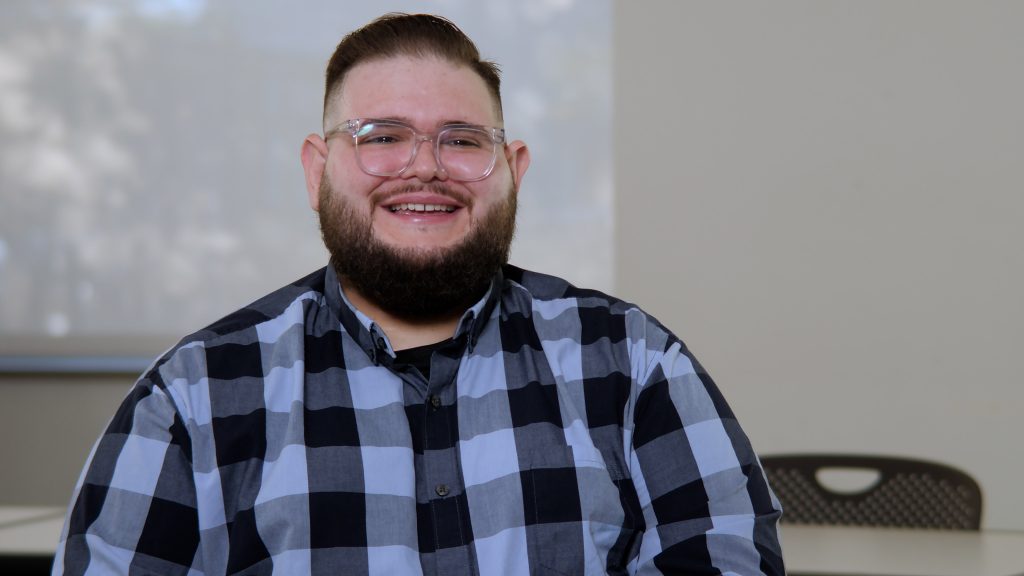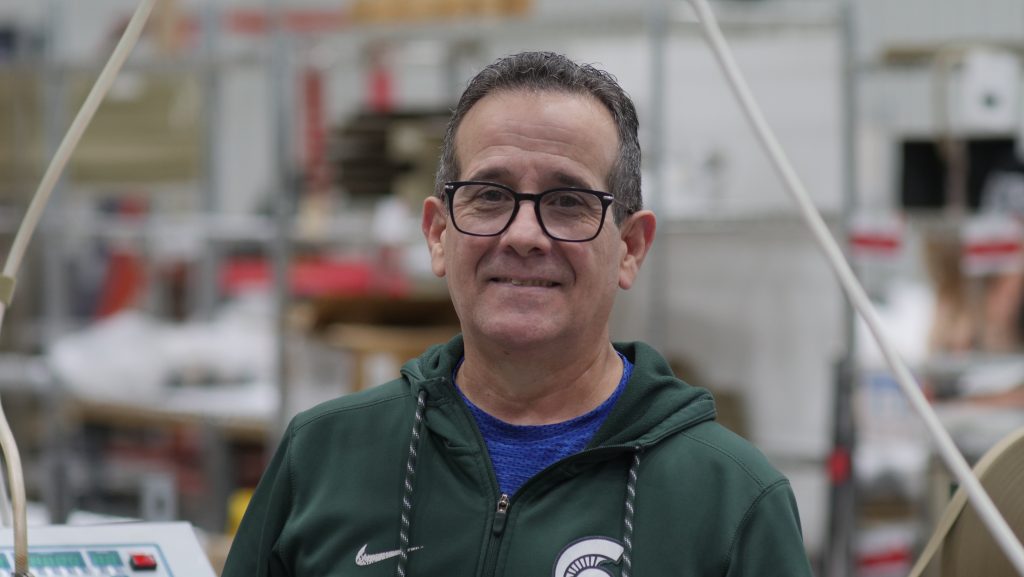“The self-esteem which can develop from the ability to support oneself and one’s family, and participate in a productive workplace, is the very definition of inclusion in society.”
That’s the message that Laurie Penfold brought to participants in the Science Summit at the United Nations General Assembly. On September 29th, 2022, Laurie and Peckham CEO Jo Sinha participated in the UN General Assembly session on “Using Assistive Technology to Promote the Social Inclusion for People with Disabilities” which highlighted the critical role of partnerships across different continents, including Africa, America, Asia, and Europe in increasing social inclusion and improving lives for people with disabilities.
“Creating an inclusive work environment is one of the most important things an employer can do to support employees with disabilities,” says Jo. “An inclusive work environment doesn’t have to mean expensive technology. It can be as simple as changing the colors on the walls, providing natural light in work areas, or making it easier to access the lunchroom or find the bathrooms. Inclusive work spaces make employees feel welcomed and respected.”
Laurie works at Peckham as a Customer Service Representative on a federal contact center. The call center interfaces with a federal government knowledgebase to assist callers with applications for an important federal document. Laurie helped Peckham understand how to interface the screen reading software she had learned to use at the school for the blind, JAWS, with the knowledgebase. Laurie also worked with a Peckham IT intern to craft a headset that would allow her to access the knowledgebase with the screen reader in one ear, and listen to the customer with the other ear, while navigating the screen reader with a keyboard, and using a phone with 30 buttons.
Sound complicated? It did to Peckham staff, who thought it was impossible, but Laurie showed everyone that it is not only possible, but highly effective. She then created training materials to help other people who are blind to adapt to the position, leading to dozens of other successful employment outcomes in Michigan and Arizona.
Laurie demonstrated JAWS at the Science Summit by using the technology to deliver her speech. “My desire was to demonstrate assistive technology in practical use. I thought it was important for the participants to experience my professional challenges and success using assistive technology and to share my pride in using a screen reader device in the workplace.”
Globally, the employment rates of people with disabilities are significantly lower than their peers without disabilities. In addition to the socio-economic implications, social exclusion impacts negatively on self-esteem, mental health, and quality of life.
“Assistive technology is a game-changer, “ says Laurie. “These are tools to place workers on an even platform. My husband and I are both legally-blind and we utilize very different forms of technology. The person with the disability needs to communicate clearly what their needs may be and there could be a trial and error before the right fit is determined. The key is not to be frustrated and have a realization that hard work may be necessary for success.”
“People with disabilities need to be part of this discussion,” says Jo. “We are grateful to Laurie for sharing her experience with Peckham, and with the United Nations, on how assistive technology can make employment inclusive and sustainable. We need more people with disabilities at the table for these discussions on how to improve their choices, their access, their lives.”




